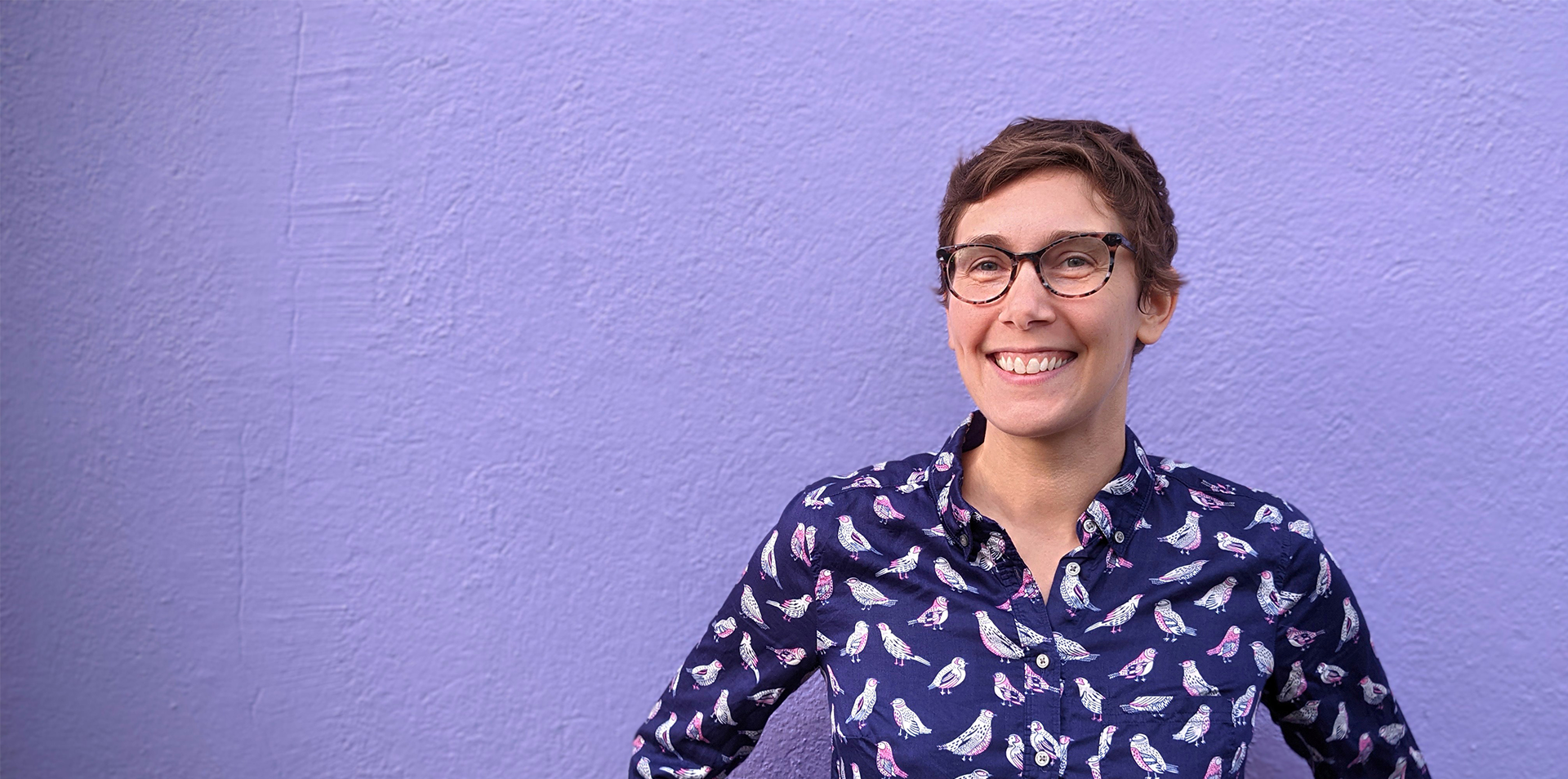A few weeks ago I had the opportunity to travel to Saudi Arabia to teach a course at King Abdullah University of Science and Technology as part of the Winter Enrichment Program. It was an incredible experience and I’m so glad I was able to be part of the KAUST program and meet so many different students, entrepreneurs, faculty and staff. As I reflect on the trip, the course specifically, and the conversations students and staff had with me, I am reminded in many ways of the event I helped with a few years ago in Romania. Those countries may not strike you as very similar at first, but let me explain.
Haven’t We Had This Conversation Before?
One of the biggest lessons I re-learn everywhere I go – in the city or in the world – is that for all the talk about differences, we are often very similar. Whether in my workshops in Romania or in Saudi (or in NYC), I’m often asking myself, “haven’t we had this conversation before?” As social entrepreneurs, innovators, and nonprofit leaders, many of the questions about social media that are always first to be asked have nothing to do with location but about strategy and success. Though, what is interesting to me, is that the question “how can I use this tool?” is usually embedded in the assumption that the answer is based on geographic location and even the specifics of the organization. Remember, these tools are just that: tools. A hammer isn’t fundamentally different in Saudi as it is in Wyoming. But the kind of building we’re interested in or the interests of the users may change. Social media platforms (tools!) should be considered for their functionality and options as part of your overall communications, engagement, and fundraising strategies but not as areas of investment all of their own.
Single Acces Point, to Facebook
Whenever I’m presenting to a group in another country, I spend time investigating any social media data I can find that is specific to that country, especially as it relates to mobile phones, access, and usage per capita. Saudi, again similarly to Romania, has a high percentage of citizens using mobile phones (especially as primary Internet access point) and with Facebook accounts. The power to connect to friends and family beyond our physical location is compelling enough for people to create accounts even when Internet access isn’t always readily available. This is probably not news, but after the first point above, it is a reminder to not make assumptions about who in your community uses which platforms and the kind of information or engagement they may want to have there. Looking only at data about Internet access in the home, one might think that people in your community aren’t online at all, or don’t want to receive email or updates on social media, when this very well may not be the case. It might sound silly or too simple, but I always encourage organizations – no matter their size – to actually ask their supporters which tools they use, and listen to the answers.
Limitations Often Encourage Innovation
During my time at KAUST I was able to meet with various student groups as well as university staff to learn more about their projects, initiatives, and ideas. Just as I experienced in Romania, preconceived ideas about the limitations innovators and entrepreneurs must be under in countries with far less infrastructure and the assumed lack of products and ideas that must exist are squashed immediately. When given no boundaries, it is often much harder to create something useful and new. But given limitations of any kind, people are driven to new ideas and solutions. I was also excited to see incredible openness to feedback and collaboration! Something I often see less of in the US than I think those outside this country think exists.
I’d love to hear your stories and experiences from working outside the US, especially in the Middle East!
(Photo: KAUST and The Beacon, taken by me.)

It’s not every day that you hear Saudi compared to Romania! Thanks for sharing your reflections here, Amy. It was really great to have you join us at KAUST.
Thanks, Claire! Or Saudi compared to NYC 🙂 I think opportunities to work and connect in other locations really do prove how similar our experiences with technology are and that people everywhere want to do their work effectively and efficiently. Thanks for hosting me at KAUST!